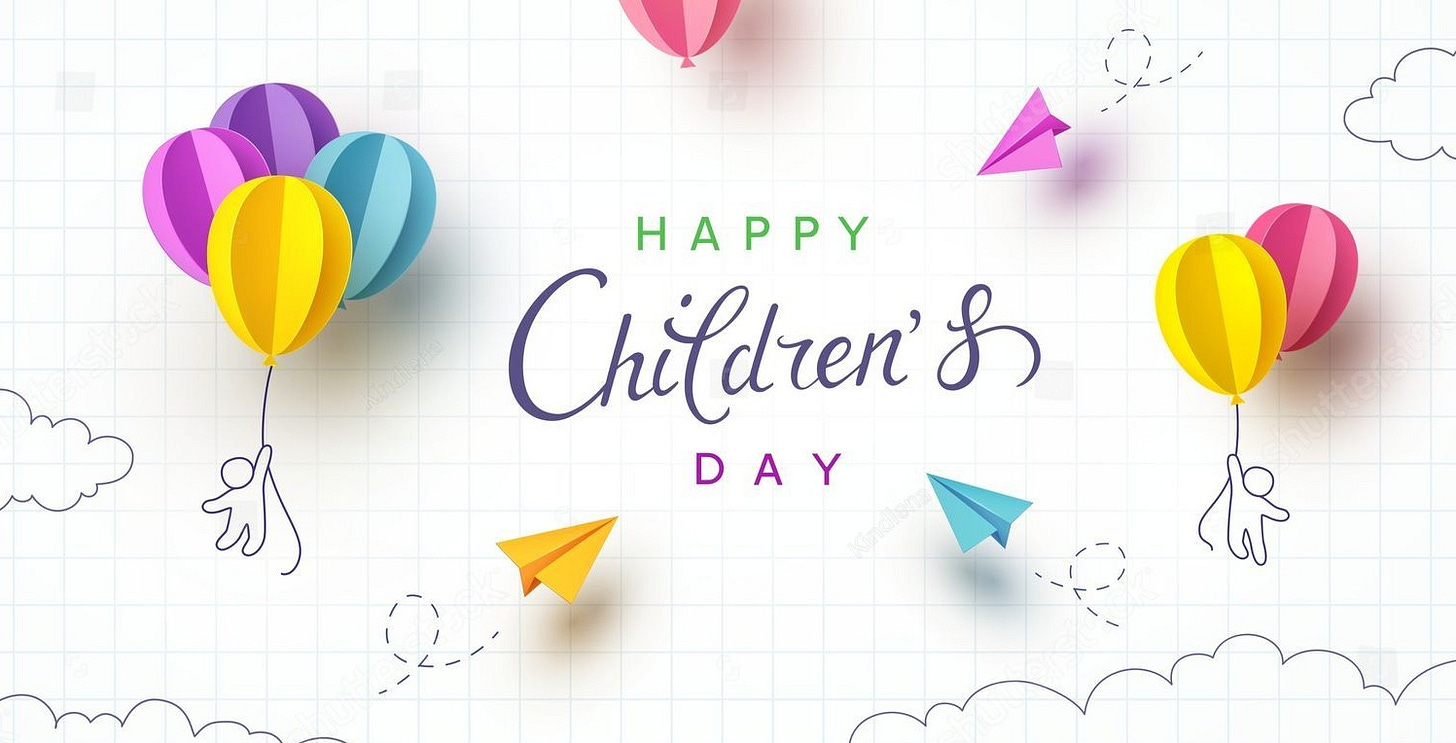Bengaluru
FC 222 on ‘Ego’ struck a chord with my readers. The regulars commented. I hope others too can.
Tarun Kunzru says: “If one needs to fix a problem, the starting point is recognising you have a problem. Likewise, to be 'always learning' it's critical to recognise that our knowledge is far from complete and will never be complete, given everything is changing/evolving all the time. So being a student lifelong is an essential ingredient for remaining young and relevant. In other words ‘Ego’ will stop you from seeking and quickly make you irrelevant and lonely!! I have seen that with some 60-plus people.”
Raghupathy says: “The conversation between the neighbours on the process of making 'poori' is a classic example of how the ego of a person could annoy the other and defeat the very purpose of learning. I recall an adage ‘We know what we know, but we do not know what we do not know’. I, at the age of 82 keep learning new things from people regardless of their age and status since I know my limitations. The classic Tamil quote ‘Katrathu kaiman alavu; kallaathathu ulagalavu’ means that what we have learnt is just a handful and what we have not, is of the size of the universe!”
👶 Children’s Day
November 14th is well known for being Children’s Day. Why do I get nostalgic about this? Simply because the child in me refuses to let go, and I am grateful for that. It takes me back to those wonderful years when life was carefree (except for homework).
So, I walked down memory lane and tried to recall my childhood escapades, my friends, my teachers and also a couple of bullies who terrorised me (I knew how Calvin felt when Moe accosted him).
As soon as we returned from school we ran out to play. We played barefoot in the rain and in the sun at the municipal ground, climbing trees, playing marbles, gilli-danda, and tennis ball cricket with the tree as a wicket and a rough board as the bat.
Hiring bicycles for 30 minutes after begging Mom for 25 paise, making kites out of old newspapers with a short string attached and running around — oh! what thrill we used to get from such simple things!
The biggest challenge was to climb up the 1000 steps to the temple on Chamundi Hills in Mysore. At the summit, we would get ice candy, a coloured ice around a stick. Ice cream was considered expensive and so, health reasons were cited against it. We were told we could develop a sore throat. As if, we were singers waiting to perform! Well, we were happy to lick the candy but I remember crying my heart out when the candy broke off the stick and fell onto the hot sand and melted. Later in life, I correlated this experience to the proverb: “There’s many a slip between the cup and the lip.”
House regulation at Mysore required us to be back by 6.30 pm to wash up, recite tables (I hated 13, 17 & 19 tables), finish our homework, eat and be in bed by 9 pm. For us, it was children's day every day until we reached the age of 13. Though the concept of a teenager was alien in the 60s, once we became teenagers we were expected to behave more responsibly.
Ah! Those were the days my friends! Please share some of your childhood memories in the comments.
Fast forward to today. Most children have no open spaces to play. Parental anxiety prevents them from being out of sight. Mobile phones, iPads, and video games have made them housebound. If you recounted the experiences of your childhood to your children or grandchildren and told them what they missed, they would say, “Look how lucky you are. You are playing video games with us and playing games on the iPad. You are enjoying a second childhood with us. You had the best of both worlds! So, stop telling us what we have missed.”
My wife, an auditory verbal therapist, has for over 25 years helped hearing impaired children regain speech. On children's day her students spoke about their favourite book. It was music to the ears.
For the children in your lives, I am sharing a link that gives them an animated version of nursery rhymes. The child in me loved it. Please click and enjoy it while you pretend to share it with the kids :) 🔗Famous Nursery Rhymes Collection.
🔮 Predictions
“Those who have knowledge, don't predict. Those who predict, don't have knowledge” -Lao Tzu
One look at this quote, you begin to recollect instances when you or people around you may have predicted something without realising that it was a surmise and not founded on reliable data.
Then some claim to predict what is in store for you. They may tell you that you will land a job overseas but when you find yourself working on a cruise ship, you tell yourself, how true the prediction turned out to be! This reminds me of an anecdote where an astrologer reading the palm of the father predicts that his son will be dealing in lakhs of rupees and lo, behold, the son became a cashier in a bank! In another anecdote, it was predicted that the father would have an accident on his son’s first birthday. When that day arrived, someone reported that the gardener had a fall and broke his leg.
These are not predictions founded on knowledge but conjectures. Anyway, I am not commenting on predictions that people make after reading horoscopes. Horoscopes cannot be equated to knowledge. Yes, the person who wrote the horoscope may know the stars and the planets that ruled at the time of birth. But what follows are mere conjectures.
Before one embarks on an inquisitive pursuit of what the future holds — whether in your hand or a horoscope, one should carefully consider the pros and cons and one's ability to deal with what is revealed. Some may not be able to deal with bad news and news of something good happening may lull one into the belief that it will happen without any effort on one’s part.
All of us tend to be sceptical about weather forecasts. But they are far more reliable than predictions. Forecasts are based on data and analysis of various inputs one gets from the satellites. Prediction has no such knowledge base. It is at best a subjective statement about a future event.
You look at the sky and predict it will rain, it is because you can see the dark clouds and other indications of an impending rain. It is not the same as the forecast by the weatherman. You set out armed with an umbrella and it may not rain at all. Sometimes, the sun is shining and you predict it will be a nice and bright day but when you set out it starts to rain.
Circumstances prompt you to predict. For example, you may know of a person who is habituated to gambling and has lost money. He comes to you asking for a loan stating that it is required to pay his daughter’s school fees. You suspect he is being untruthful and needs money to gamble. Your inference may be right or wrong. But it is founded on prior knowledge. Going by what Lao Tzu said, you have prior knowledge and hence you are not predicting but drawing a certain inference as to the man’s intentions behind asking for money.
We use the word ‘prediction’ casually. It could be an inference, suspicion or even wishful thinking. The essence of Lao Tzu’s quote comprises a warning. In our ordinary life let us not predict or say something which is not founded on facts or reliable information. If you have certain knowledge that supports a view don’t present it as a prediction unless you are giving yourself some wiggle room if confronted.
Predicting that India would defeat New Zealand was based on past encounters and the record of winning matches at home. But the predictions turned into hope when the first match was lost. It then turned into wishful thinking when the second match too was lost. You can imagine the feelings when the last match too was lost.
When we have full knowledge we don’t predict. We say what is factually correct. But, discretion is required in both cases. Predict or speak from knowledge, but with caution if tidings are dismal.
In a lighter vein:
Astrologer: I can predict your future.
Customer: How much will you charge?
Astrologer: Rs 500 for each year.
Customer: I want a prediction for my whole life.
Astrologer: That will be Rs 1000.
The customer faints, predictably.
A Viking by the name of Rudolph the Red was sitting in his home when he looked out the window and told his wife that it was going to rain soon.
His wife asks, "How Rudolph, can you predict it's going to rain soon?"
He says: "Rudolph the Red knows rain, dear."
A man in India claimed that he could predict the quality of bread at every restaurant he w ent to.
He is full of naansense
Predictably, I will see you next week. Take care and be safe Ciao!






Oh. What a great tune we had as kids . Once we were upset as our elder cousins forced us to stop playing cricket. When their friend came we quietly reversed the “ Moda “ and kept the cushions. As the cousins and friend sat without noticing it they all sank in the hallow comfort of Modas. Our giggling behind the window was promptly noticed and we ran away and came back only after one hour. Lots of fun as care free kids. Credit to our parents too as they allowed us to have so much fun. Now we see parents putting so much pressure on the kids studying in LKG ??
Based on our performance against New Zealand , One forecast we can make confidently is Indian cricket team will perform badly in Australia.